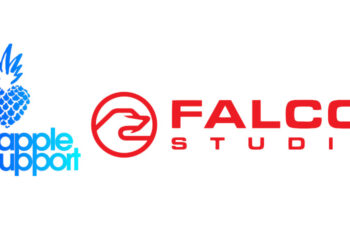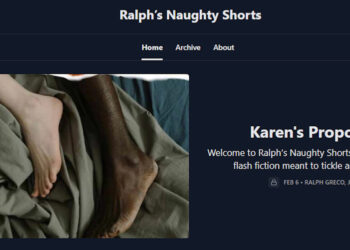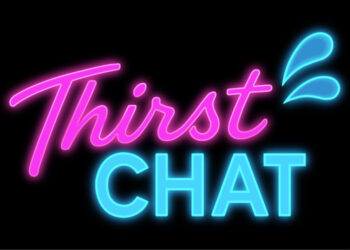PHILADELPHIA, PA – The latest round of the American Civil Liberties Union’s challenge of the Child Online Protection Act (COPA) opened yesterday in district court in Philadelphia, a case with profound implications not just for the online adult industry, but any sector of the internet market that deals with material deemed “harmful to minors.”In previous rulings, a federal district court in Philadelphia and a federal appeals court both found the law unconstitutional, and the Supreme Court upheld an injunction against its enforcement in a June 2004 ruling. In that ruling, however, the Justices also directed the district court to review whether there had been technological advances that would affect the constitutionality of the law, including whether available filtering technology remains more effective in screening material harmful to minors than would be the enjoined law.
Under the language of COPA, whoever “knowingly and with knowledge of the character of the material, in interstate or foreign commerce by means of the World Wide Web, makes any communication for commercial purposes that is available to any minor and that includes any material that is harmful to minors shall be fined not more than $50,000, imprisoned not more than 6 months, or both.”
“The right to free speech is one of the core values of this country,” said ACLU Senior Staff Attorney Chris Hansen, lead counsel on the case. “Congress does not have the right to censor information on the internet. Americans have the right to participate in the global conversation that happens online every moment of every day.”
The DOJ’s Eric Beane contends that COPA is necessary because the available filtering technology does not meet the task of protecting children.
“The evidence will show that a shocking amount of pornography slips through to children,” Beane said during opening statements, according to the Associated Press.
The ACLU counters that the law will not provide adequate protection or assist parents who are concerned about the materials that their children access for the simple reason that the law cannot be enforced overseas, already the source of much of the “harmful material” that the government is most concerned about.
COPA also does not apply to non-commercial sites, instant messaging, peer-to-peer file sharing, chat rooms, or email, the ACLU further notes.
“Technology is forever evolving, as are the tools people use to communicate,” said Hansen. “Internet content filtering has evolved since 1999. Unlike COPA, it can be used by parents who are concerned to block overseas sites, peer-to-peer speech, instant messages, and other forms of speech.”
Hansen conceded that filtering is “not perfect,” but asserted that it “protects children more effectively than COPA would,” and noted that such filters “can also be tailored to the age of the child and the values of the parent.”
Witnesses appearing for the plaintiffs include Nerve.com founder Rufus Grissom, and Editor-in-Chief of Salon.com Joan Walsh.
For more information on the case, go to http://www.aclu.org/freespeech/internet/onlinefreespeech.html
Rufus Grissom of Nerve.com is blogging from Philadelphia with frequent updates on the case. Grissom’s posts can be seen here: http://www.nerve.com/nerveblog/nervecopa.aspx?blogid=121












